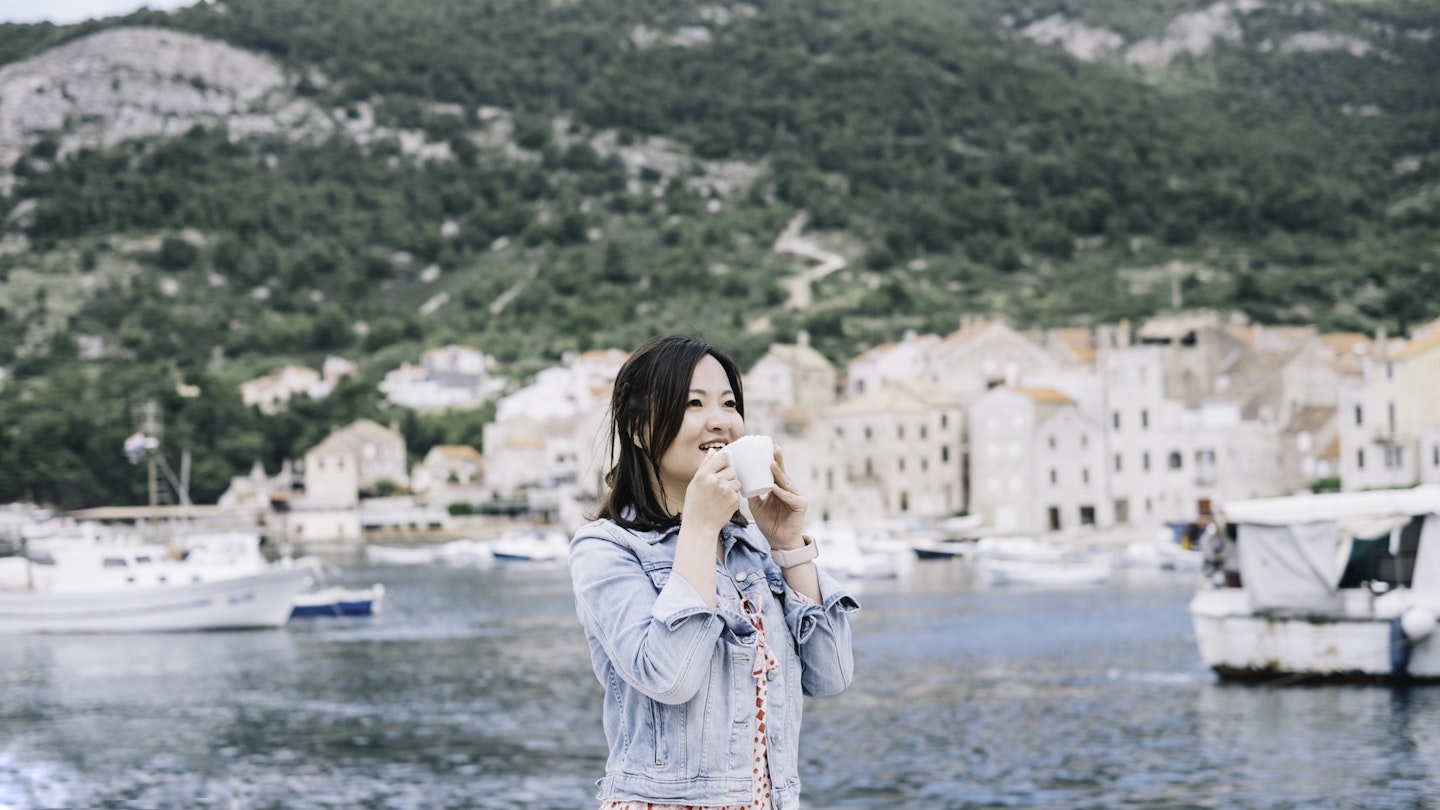Travel Tips for Croatia with iBestTravel
With its glittering coastline, 1,244 islands, endlessly fascinating cities, and extraordinarily dramatic landscapes, Croatia has been steadily making its way up people’s must-go lists. Whether you’re drawn to the beautiful Adriatic beaches or the captivating inland regions, Croatia offers something for every traveler.

1. Don’t Overstretch Your Itinerary
It might be tempting to squeeze in as many destinations as possible into one trip; however, without a minimum of two weeks, you may not enjoy the experience fully. When island-hopping, consider the time you can spend in each location and your transportation options.
2. Croatia’s Currency is the Euro
As of January 1, 2023, Croatia adopted the euro as its national currency. Consequently, the Croatian kuna is no longer in use. If you have any kuna left, visit the Croatian National Bank for exchange.
3. Expect to Tip at Least 10% in Restaurants
Croatia’s tipping culture is relatively relaxed. Nevertheless, it’s customary to leave a minimum of 10% in restaurants and for spa services. In bars and cafes, simply round up your bill. Taxi drivers usually don’t expect a tip, but rounding up is appreciated.

4. Generally Safe for Travelers
Croatia is considered a safe country with low levels of violent crime. While pickpocketing exists, it’s significantly less widespread than in other European destinations. Solo women travelers can also feel safe; however, it’s advisable to inquire about any areas to avoid from your accommodation provider.
5. Caution for LGBTIQ+ Travelers
In this relatively conservative country, although homosexuality is tolerated, discretion is recommended. Public displays of affection might lead to unwanted attention. Nonetheless, cities like Zagreb have a growing LGBTIQ+ scene and host annual Gay Pride festivals in June.
6. Bring Swimming Shoes
Most of Croatia’s beaches are rocky, making swimming shoes a helpful addition to your packing list. These will protect your feet and provide comfort while exploring the coastal areas.
7. Common Nudity at Beaches
Naturist beaches are quite popular, and you might find yourself on one without prior warning. Most are marked with FKK – a term widely recognized among many tourists, particularly Germans.
8. Time Your Visit to Dubrovnik
To avoid crowds, consider timing your visit to Dubrovnik carefully. On days with significant cruise ship arrivals, the Old Town can become extremely busy. Therefore, plan your outing to coincide with the departure of these ships.
9. Wi-Fi Availability
Croatia is part of the EU roaming agreement, allowing for convenient data usage for traveling EU citizens. Wi-Fi access is easily found in cafes and bars with the password available upon request.

10. Dress Properly in Sacred Sites
When visiting churches, it’s important to dress respectfully. Keep your shoulders covered and avoid wearing swimwear outside of beach areas, particularly in cities like Split and Dubrovnik.
11. Public Drinking Regulations
With increasing awareness of drunken behavior, public drinking regulations have tightened in cities like Hvar and Split. Fines may be imposed for public drunkenness, so it’s advisable to drink responsibly.
12. Understanding the Croatian Culture
Croatians may initially appear reserved; however, as you engage with them, you will likely discover a warm and friendly character beneath their exterior.
13. Discussing Croatia’s War of Independence
Conversations regarding the Yugoslav wars should be approached with sensitivity. It’s a complex topic that may evoke strong feelings, therefore, ask questions wisely and be mindful of local sentiments.
14. Drink Tap Water with Confidence
The tap water in Croatia is safe to drink. Refill your reusable water bottles at public fountains without hesitation.

15. Use Headlights While Driving in Winter
From November to April, it is mandatory to use your headlights during the day while driving in Croatia. This is crucial for safety and visibility.
16. Prepare for Earthquakes
Croatia has a history of earthquakes, and following recent incidents, travelers should stay informed and follow local guidance in case of seismic activity.
17. Be Aware of Landmine Areas
Some regions, particularly in Northern Dalmatia and Lika, still have landmines left over from the war. These areas are clearly marked, and it is imperative to stay away.
18. Travel Insurance is Recommended
In case of emergencies, dial 112 for general help, 192 for police, and 194 for an ambulance. EU citizens with a European Health Insurance Card and UK citizens with a Global Health Insurance Card can access reduced healthcare rates, though taking out travel insurance is still advised for comprehensive coverage.
This article was first published on May 17, 2022, and updated on March 17, 2024.




